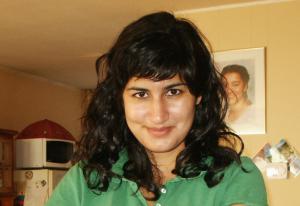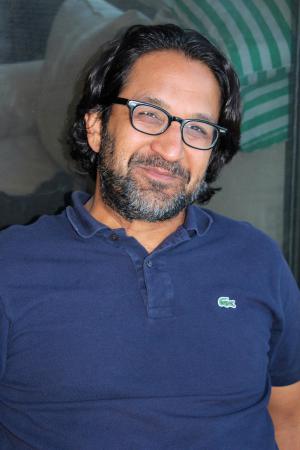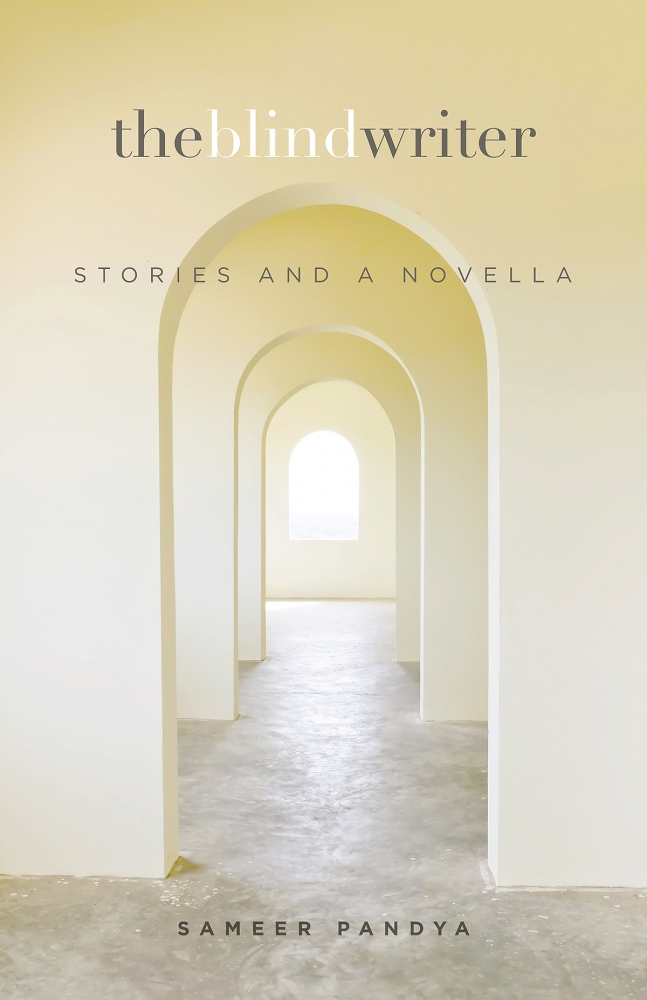Exploring Diaspora


While anthropologist Lalaie Ameeriar spends the academic year at a legendary scholarly citadel in Princeton, N.J., her colleague Sameer Pandya is preparing to depart for an actual citadel — a centuries-old castle in Umbria in Italy.
The connecting thread: Both teach in the Department of Asian American Studies at UC Santa Barbara, and both write about aspects of the South Asian diaspora in the West, work that has now won them prestigious fellowships in far-flung places.
Ameeriar, an assistant professor whose research focuses on Muslim women, especially from Pakistan, who immigrate to Britain or Canada, is a 2016-17 fellow at Princeton’s Institute for Advanced Study. Pandya, a lecturer at UCSB and a scholar and fiction writer focused on South Asians and South Asians in America, has been named the 2017 PEN/Civitella Fellow, an honor bestowed on only one writer every two years.
“Asian American Studies at UCSB is a remarkable department of socially engaged and intellectually dedicated scholars,” said Lisa Sun-Hee Park, department chair and professor. “While our department is relatively small in number of faculty, each of us is dedicated to contributing meaningful work that resonates across disciplines and communities. These prestigious awards reflect not only the extraordinary quality of scholarship but also the urgency of the subject matters and the devotion with which Professors Pandya and Ameeriar approach their work. We are so pleased that our colleagues were recognized for their contributions, and my goal as chair is to help foster a generous and supportive intellectual environment in which every faculty member can produce their best work.”
Ameeriar currently is in the middle of her yearlong stay at the Institute for Advanced Study, Albert Einstein’s academic home from 1933 until his death in 1955.
“I’m working on the relationship between human rights, women’s rights and humanitarianism through the case of forced marriage and so-called honor-based violence and honor killings within predominantly Muslim communities in the United Kingdom,” Ameeriar said. “I’m interested in a 2014 law that made forced marriage a crime and punishable up to seven years in prison. While legislation has come into effect, it has not been very effective with only one successfully prosecuted case. I’m exploring how and why this is the case.”
Ameeriar, who completed her Ph.D. in anthropology at Stanford University, is the author of “Downwardly Global: Women, Work and Citizenship in the Pakistani Diaspora” forthcoming in 2017 from Duke University Press.
“My work is interdisciplinary and engages with transnational feminism, critical race theory, human rights, gender and sexuality studies, with particular emphasis on transnational Muslim cultures,” she said. “This book project stems from my earlier work on the transnational labor migration of Pakistani Muslim diasporic communities in Toronto and the politics of unemployment.”
Pandya earned his Ph.D. from Stanford’s Program of Modern Thought and Literature. A fiction writer and a scholar of literature and sport, he is the author of “The Blind Writer: Stories and a Novella” (University of Hawaii Press, 2015). The book was a finalist for the 2016 PEN Open Book Award.
As the 2017 PEN/Civitella Fellow, Pandya earns a six-week stay next year in the Civitella Ranieri Foundation’s 15th century castle in Umbria. Past Civitella Ranieri Foundation fellows include novelists Gary Shteyngart, Monique Truong and Rachel Kushner.
“I will continue work on a novel set in colonial India about the deep, ongoing effects of violence and terror that I have been writing about for the past several years,” Pandya said. “I’m really looking forward to long days in rural Italy to dig deep into the emotional life of the book and the characters. I will also take the opportunity to refresh, to read and to be in conversation with writers and artists from around the world.”





